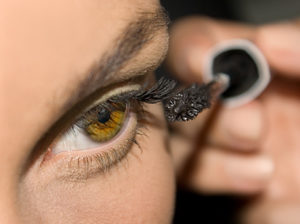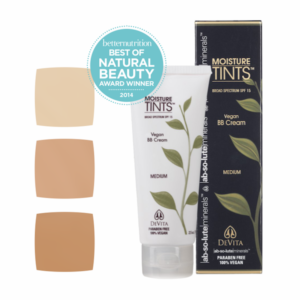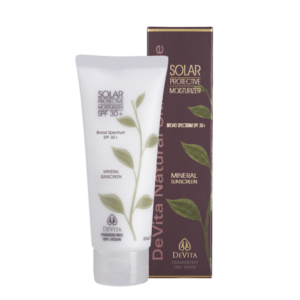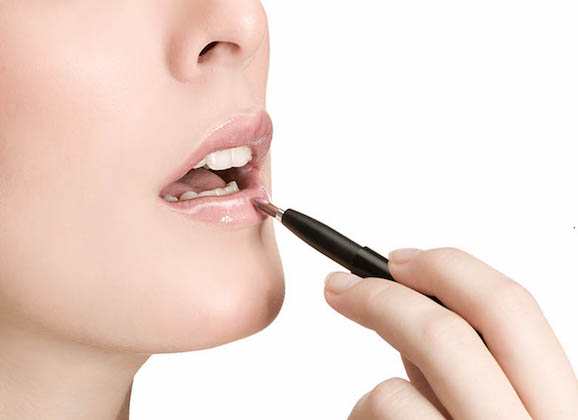 I have always heard about the benefits of using natural body products and cosmetics, and have thought about going au naturel for some time. But it wasn’t until I did some research for an article I wrote for SmartFem about dangerous ingredients in cosmetics and bath products did I finally start to take the shift more seriously.
I have always heard about the benefits of using natural body products and cosmetics, and have thought about going au naturel for some time. But it wasn’t until I did some research for an article I wrote for SmartFem about dangerous ingredients in cosmetics and bath products did I finally start to take the shift more seriously.
In my article I had the pleasure of speaking with DeVita Skincare founder Cherylanne DeVita. After reading ingredient labels that were frightening and ineffective, DeVita decided to create her own skincare line that is vegan and paraben-free.
One of my questions I had was how does someone begin to shift all their skincare products to organic products? The idea seems overwhelming and costly, especially if you’re anything like me and love all the different body washes, face scrubs and lotions the cosmetic world offers.
DeVita says making the switch is easier than most women think, and to replace products as they run out with natural alternatives.
However, the products whose ingredients can cause harm, DeVita says, should be replaced immediately, one of them being your deodorant.
“If it has anything that resembles aluminum chlorohydrate in it, or PEG ingredients those are not good ingredients,” DeVita said.
According to TruthInAging.com, polyethylene glycol, or better known as PEG ingredients, are a class of ethylene glycol polymers that are found in a wide array of skincare products, many of which are moisturizers. When looking at an ingredient label you will know if the product contains PEGs because it will be written PEG-10. The number indicates the molecular weight of the specific compound being used. The lower the number the easier it is for the compound to absorb into the skin. It is the compounds that can be toxic, and should be avoided.
Potassium Alum, however, is a safe ingredient to find in your deodorant, and is a soft stone that will help keep your underarms dry.
The second product DeVita recommends women look at are their shampoos. Many shampoos use a wide variety of parabens which act as a preserver for products to ensure a longer shelf life. In recent years there has been a wide debate on the use of parabens and their role in breast cancer in women.
“Butylparaban, propylparaban and methylparaben are all bad,” DeVita said, and suggests to not even use them.
DeVita recommends every woman learn to read a products’ ingredient label, and remember the list of ingredients are listed in order from the highest strength to the least.
For those women who want to look at natural alternatives in their cosmetics, DeVita says to stay away from mineral makeup, or any makeup that contains bismuth oxychloride.
Used as a base for most mineral makeups, bismuth oxychloride is a crystal that when looked at under a microscope looks like a medieval flail, the weapon that has a spiked ball on the end of a chain.
These round, spiked crystals are known to cause skin reactions because the crystals ‘poke’ the skin when applied. This is why many women become deterred from natural products, and believe they are allergic to mineral makeup.
DeVita suggests to find a natural foundation that contains boron nitride, which is a flat plated chemistry, and lays nicely on the skin allowing for good coverage without the irritated skin reactions.
Lastly, DeVita says one of the best anti-aging products anyone can purchase is a good sunblock.
 “Buy one that does not have chemical sunscreens in it. You want something that has zinc oxide in it, or titanium dioxide if you don’t break out,” DeVita said.
“Buy one that does not have chemical sunscreens in it. You want something that has zinc oxide in it, or titanium dioxide if you don’t break out,” DeVita said.
With all the information and options it’s easy to get overwhelmed, but by following a few simple steps, and researching your products, going green with your skincare is possible.

















